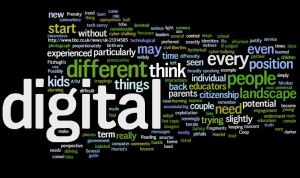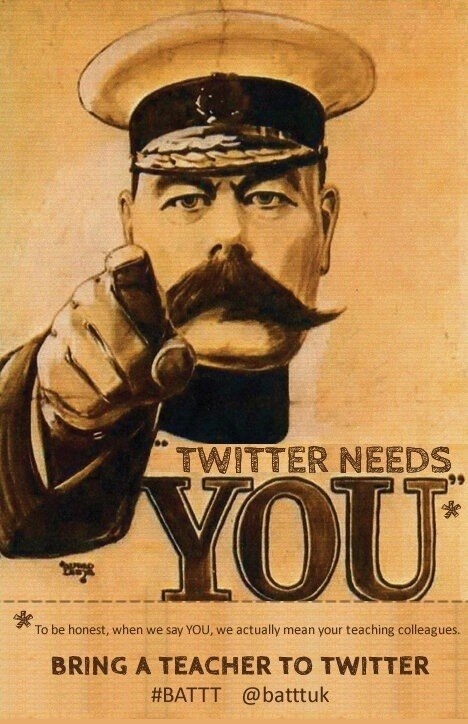
“If you want to be really worried, think about how little the average person actually knows, then remember that half of all people know less than that.”
I really have no idea about the origin of that “quote”, merely that, over the past couple of years, I have heard it expressed several times, in slightly different ways and contexts. Reading this: Ceop warns over ‘alarming new trend’ in online sex abuse http://www.bbc.co.uk/news/uk-21314585 prompted me to think about it in a slightly different light.
Since Marc Prensky coined the term digital natives back at the start of the millenium, considerable think-time has been devoted to trying to pin down, or justify, various definitions of the term. Often these are different in nuance, sometimes they vary widely. For this reason, I’ve preferred to think more in terms of digital citizenship. I feel that this neatly sidesteps issues of individual birth-era, and focusses instead upon the extent to which the individual engages with the digital landscape; is knowledgeable about their own position, role & responsibilities within the digital landscape, and the degree of control they exert over that engagement and position. Still with me?
We all have a digital identity, each & every one of us. Possibly, you may be exempt if you are born into a tribe somewhere isolated in, say, the Nicobar Islands, but broadly-speaking, this is the case. Fragments of your data are accumulating in cyber-space every time you engage with a computer, phone, camera, ATM, local government, the health service, education, shop-checkout and so on. From a civil-liberties & privacy perspective, this will remain a hot-topic, and rightly so, but this is how things stand.
As parents and educators, we have to fully understand the digital culture in which we live, but also recognise that the landscape seen and experienced by us will be very different to the terrain seen and experienced by others, particularly youngsters. Even where the technological trappings are the same, the interactions can be very different; my partner and I have identical phones, for example, but use them, and the apps on them, very differently. One thing we share is an awareness of the potential dangers of our hardware and information falling into the wrong hands.
Ultimately, there is a plea here. Adults, particularly parents and educators need to become smarter about our digital identities; only by doing that are we in a position to guide younger people correctly in learning to make informed decisions about all of their digital interactions/transactions.
Young people, no matter how technologically adept, are only nascent digital citizens. There may be exceptions to this, but they are few. Several young people have recently learned to their cost that provocative comments, even made without any serious intention, can lead to hard prison time. The eponymous main character of Louise Fitzhugh’s Harriet The Spy, learns the difficult way about how the things you do (in Harriet’s case, keeping a dossier on her schoolmates) may come back to bite you. The hazards and pitfalls are not themselves new, but the digital context of now means that the consequences are potentially more far-reaching and durable than ever before.
I’m trying to educate myself and my own children to stop, and think simply & proportionately about any potential risks of every digital interaction. Without being hysterical, a seemingly innoccuous outburst on social media or an ill-judged photograph are exactly the kind of things that could cause ongoing problems throughout life. This is without even delving into the darker territories of cyber-bullying, cyber-stalking and sexual exploitation
Our tech-savvy kids need us to step up and be effective digital leaders. This isn’t some one-off that can be dealt with through a couple of dedicated ICT or PHSE lessons. It can’t just be an Internet Safety Day, or an assembly. It can’t be left until KS3; it needs to start in the home before kids even start school. In short, we need to embed the core tenets of digital citizenship into every digital transaction we undertake, and teach kids to do the same.
In future posts I will try and tease out some of the individual strands of digital citizenship, focussing more on the specifics of the role of mentor/parent/educator. As always, I’d love to hear the views of others.



